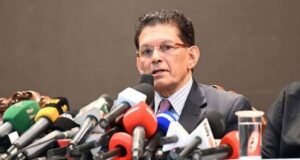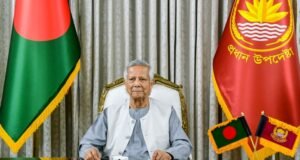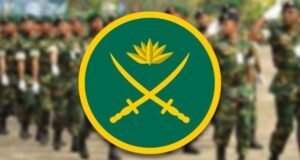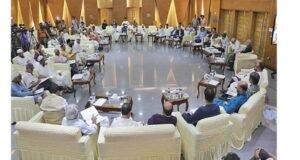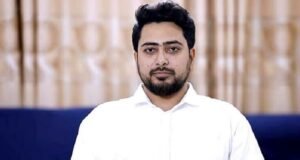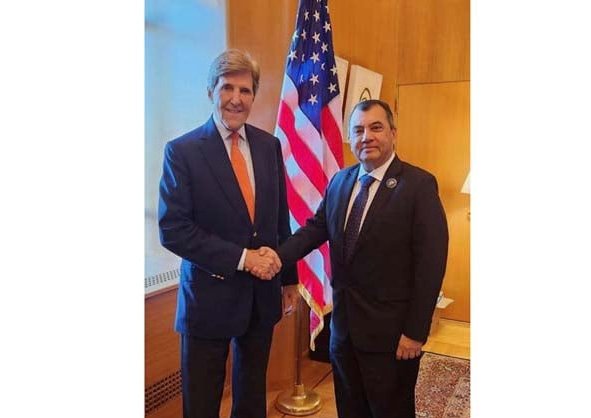
Bangladesh and the United States (US) are keen to deepen their bilateral relations in addressing the defining challenges of climate change.
This interest was expressed at the meeting between Bangladesh Prime Minister’s Special Envoy for Climate Change Saber Hossain Chowdhury and US Special Presidential Envoy for Climate John Kerry on Tuesday at the latter’s US state department office, said a message received in Dhaka on Thursday, reports BSS.
The envoys discussed mitigation, adaptation funding, technology transfer as well as loss and damage and shared perspectives to forge greater bilateral collaborations and on global climate platforms including the United Nations Climate Change Conference (COP).
Saber Chowdhury reiterated Prime Minister Sheikh Hasina’s commitment and leadership on climate issues and said Bangladesh would continue to raise voice for the climate vulnerable and least developed countries to address the gaps in the implementation of global climate pledges.
He also briefed Kerry about various climate initiatives of Sheikh Hasina’s progressive government including the ‘Mujib Climate Prosperity Plan’ which plots a trajectory for Bangladesh from vulnerability to resilience to prosperity.
John Kerry said that the US has been engaging with countries to reduce global emissions and working with institutions like the World Bank on funding issues.
Regarding investment in Bangladesh’s renewable sector, he said that the US would be willing to be a partner in helping Bangladesh achieve its climate goals.
Both the two envoys underlined the importance and urgency of consensus building and global solidarity through enhanced collective efforts to make COP28 a success.
Bangladesh Ambassador to the United States Muhammad Imran was also present at the meeting.
Earlier in the day, Saber Hossain Chowdhury, MP chaired a global inquiry on public financing and progress on phase out of fossil fuels at the Senate Hart Building in Washington, DC.
Senator Ed Markey, Member of Canadian Senate Roza Galvez and leading parliamentarians from Uruguay, Bolivia, Colombia, Zambia and Uganda participated in the inquiry and heard from expert witnesses.
 Weekly Bangla Mirror | Bangla Mirror, Bangladeshi news in UK, bangla mirror news
Weekly Bangla Mirror | Bangla Mirror, Bangladeshi news in UK, bangla mirror news


